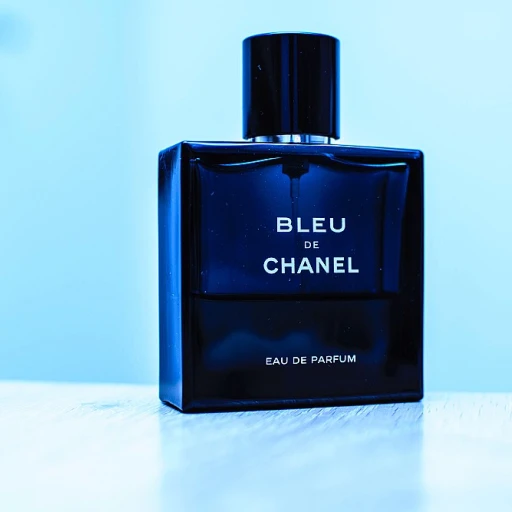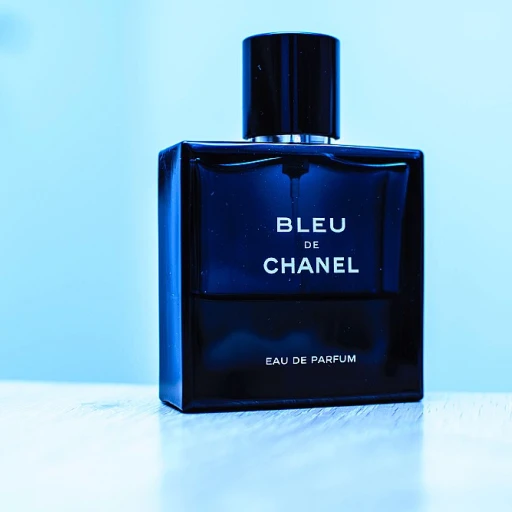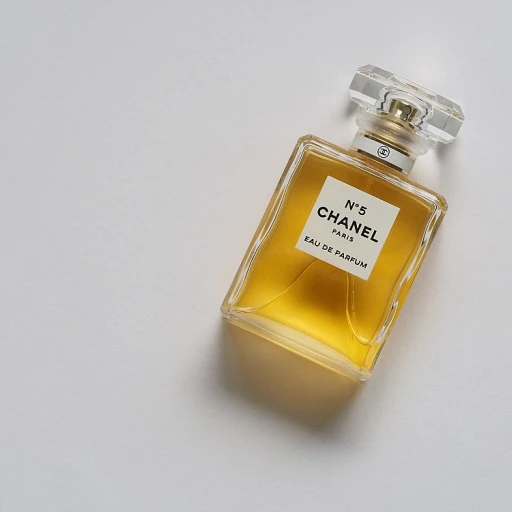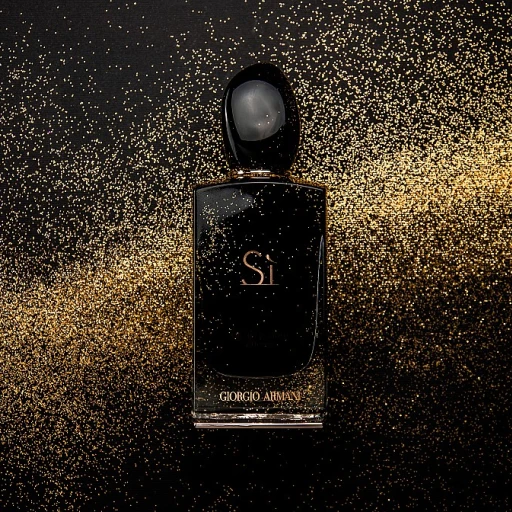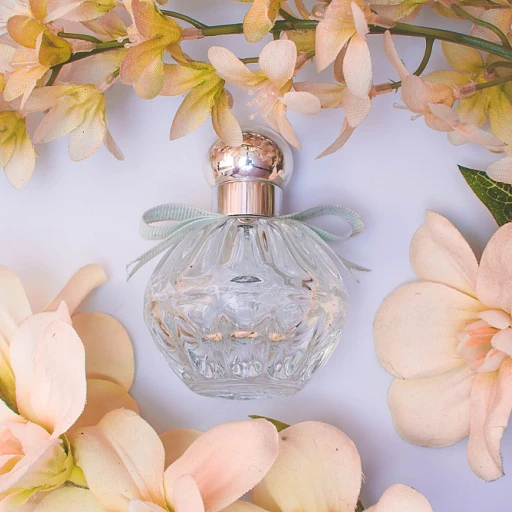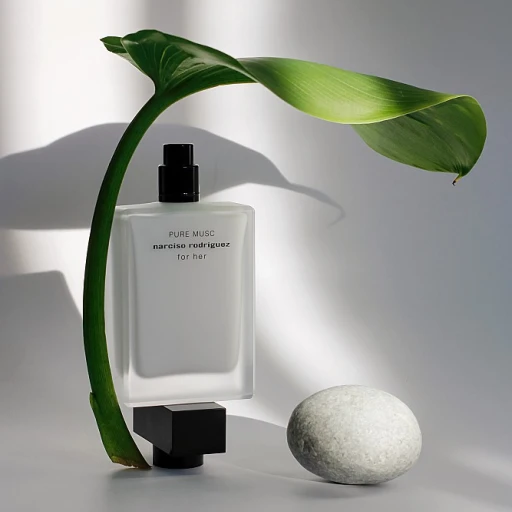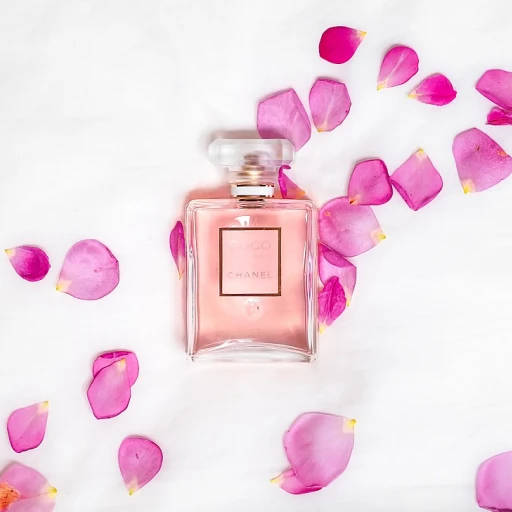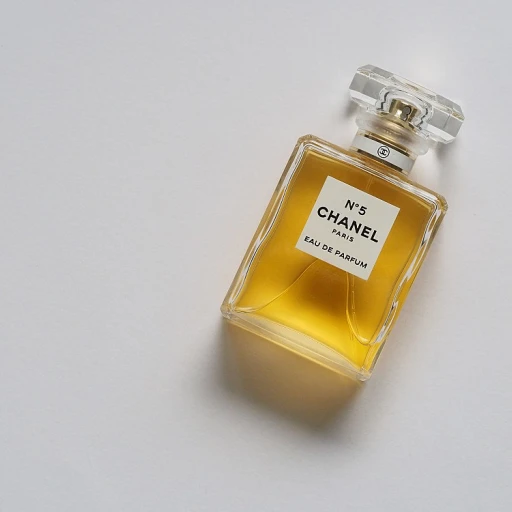
Understanding Phthalates in Fragrances
Decoding Phthalates: The Hidden Component in Fragrances
Phthalates, often listed under fragrance ingredients, have been a staple in the perfume industry for decades. They are primarily used as solvents or fixatives, helping to prolong the scent of perfumes and maintain their fragrance oils. Despite their functional benefits, these chemicals have raised health concerns, leading to a shift towards phthalate-free options. Fragrance enthusiasts might wonder why these ingredients have become contentious. Phthalates, particularly DEP (diethyl phthalate), can be found in many conventional perfumes and other scented products. Their presence raises alarms mainly due to potential health implications from prolonged skin exposure. Concerns center on their possible endocrine-disrupting properties, which have inspired a growing interest in clean, natural, and phthalate-free fragrances. Forward-thinking fragrance brands are responding to the rising demand for cleaner beauty products by reformulating their offerings. Embracing plant-based ingredients and organic essential oils, these companies are creating luxurious perfumes without compromising on quality or complexity. As consumer awareness increases, more fragrance enthusiasts are choosing to explore phthalate-free alternatives, appreciating their alignment with healthier lifestyle choices. For those intrigued by clean fragrance options, understanding the implications of phthalates is a vital first step towards an enlightened perfume selection. Alongside other clean beauty enthusiasts, they contribute to a significant consumer shift towards cruelty-free and sustainably crafted perfumes. This movement is cementing the importance of transparency and accountability in the fragrance industry, prompting more brands to offer phthalate-free products at accessible sale prices. For more insights into the fascinating world of scent innovation, you might wish to explore topics such as unveiling the benefits of natural body care, like using a tea tree body shampoo. Such choices resonate with free fragrance lovers who adhere to mindful and sustainable beauty practices.Benefits of Choosing Phthalate-Free Fragrances
Advantages of Opting for Scents Without Unwanted Additives
Choosing phthalate-free fragrances offers an array of benefits, especially for individuals conscious about their health and environmental impact. Because phthalates often function as plasticizers in personal care products, removing them from perfumes contributes to cleaner and more sustainable offerings.- Health and Safety: Phthalates can pose health risks due to their potential as endocrine disruptors. Opting for phthalate-free options minimizes this exposure, offering a safer alternative for skin and general well-being.
- Natural and Clean Ingredients: Many phthalate-free perfumes incorporate natural ingredients, such as certified organic essential oils, which reduce the reliance on synthetic ingredients. This shift towards clean beauty caters to consumers craving transparency and simplicity in their fragrance choices.
- Sustainability: With the growing demand for eco-friendly products, adopting phthalate-free options aligns well with sustainability goals. By excluding harsh chemicals, these fragrances often prove less harmful to the environment.
- Enhanced Sensory Experience: Free from synthetic fragrances, phthalate-free scents might feel more authentic and appealing for those who desire a true-to-nature aroma, like those created by brands embracing a cruelty-free ethos.
Challenges in Creating Phthalate-Free Scents
Crafting Phthalate-Free Scents: A Balancing Act
Creating phthalate-free fragrances is an intricate dance that seeks to harmonize nature and science. This endeavor requires both artful creativity and technical precision, especially when using natural or plant-based ingredients. The absence of phthalates, which are typically used as solvents in perfumes, means that perfumers need to find alternative methods to bind scent molecules. This can be particularly challenging as phthalates have historically allowed fragrances to maintain their integrity and longevity on the skin. Without them, maintaining the staying power of a scent becomes tricky. While synthetic ingredients have been traditional go-tos for their reliability and cost-effectiveness, the clean beauty movement has increased the demand for natural and essential oils. Balancing quality, safety, and sensory appeal involves thorough testing and a deeper understanding of each fragrance oil's properties. Moreover, essential oils can exhibit variability. Factors such as harvest conditions and processing methods can affect the final scent profile, which adds another layer of complexity. This natural variation may lead to inconsistencies in some products, and perfumers often rely on a mix of natural and synthetic solutions to maintain a consistent vanilla fragrance or any other desired note in their phthalate-free perfumes. In some cases, perfumers turn to new and innovative technologies to stabilize scents in a phthalate-free setting. This includes researching botanical extracts and exploring delivery systems that do not involve harmful chemicals. A growing number of brands, from niche to mainstream, are rising to this challenge. Brands known for their dedication to clean beauty and cruelty-free products, such as those offering organic essential oils, are leading the charge in this space. Navigating these challenges is crucial as consumer demand for healthier and safer perfumes continues to grow. The industry is meticulously crafting phthalate-free scents that do not compromise on allure or performance. Exploring more about the allure of pomegranate in perfumes can provide insights into another natural fragrant option that's being embraced in this eco-conscious era.Popular Phthalate-Free Fragrance Brands
Spotlight on Leading Phthalate-Free Fragrance Brands
When it comes to phthalate-free perfumes, the beauty market has seen an impressive surge in clean beauty products dedicated to health-conscious consumers. Here are some noteworthy brands paving the way in this space:- Henry Rose: Known for its commitment to transparency, Henry Rose delivers a collection of scents crafted entirely from clean, phthalate-free oils. With a focus on health-friendly ingredients, this brand has captured the hearts of fragrance lovers who prioritize natural and clean fragrance options.
- Ellis Brooklyn: Stylish yet sustainable, Ellis Brooklyn's unique line stands out with its blend of synthetic ingredients and certified organic essential oils, ensuring their fragrances are free from phthalates and harmful chemicals. Their collection of eau de parfum offers a refined olfactory experience for the modern scent aficionado.
- Maison Louis Marie: This brand blends tradition with innovation by focusing on plant-based formulations. Maison Louis Marie's phthalate-free perfumes are designed for those who crave elegant and long-lasting fragrances without the health concerns linked to synthetic ingredients.
- Clean Fragrance: True to its name, Clean Fragrance pushes the boundaries of what's possible in the realm of phthalate-free products. Their line of cruelty-free and skin-friendly perfumes offers consumers a guilt-free indulgence, and the sale of their popular free fragrances often complements their eco-friendly mission.
Consumer Trends and Preferences
Shifting Consumer Preferences in the Fragrance World
In recent years, the fragrance industry has witnessed a significant shift in consumer preferences, with a growing demand for phthalate-free perfumes. This change is driven by an increased awareness of health and environmental concerns associated with synthetic ingredients. Consumers are becoming more conscious of the chemicals they apply to their skin, leading to a preference for clean, natural, and cruelty-free products.
Phthalate-free fragrances are particularly appealing to those who prioritize health and sustainability. These consumers often seek products that align with their values, such as those made with organic essential oils and plant-based ingredients. The allure of these fragrances lies not only in their safety but also in their ability to offer a more authentic scent experience.
Brands Leading the Phthalate-Free Movement
Several brands have emerged as leaders in the phthalate-free fragrance market, catering to this growing consumer base. Companies like Ellis Brooklyn and Maison Louis Marie have gained popularity for their commitment to using natural ingredients and avoiding synthetic chemicals. These brands often highlight their use of certified organic oils and fragrance oils, appealing to consumers looking for transparency and quality in their perfume choices.
Moreover, the rise of niche brands offering unique scents has contributed to the popularity of phthalate-free options. These brands often emphasize their dedication to clean beauty and sustainability, resonating with consumers who are willing to invest in products that reflect their ethical and environmental values.
The Role of Social Media and Influencers
Social media platforms have played a crucial role in shaping consumer trends in the fragrance industry. Influencers and beauty bloggers frequently share their experiences with phthalate-free perfumes, highlighting the benefits of using products free from harmful chemicals. This exposure has helped educate consumers about the advantages of choosing natural and clean fragrances, further driving demand for these products.
As more consumers turn to social media for product recommendations, brands that prioritize transparency and sustainability are likely to continue gaining traction. The influence of online reviews and testimonials cannot be underestimated, as they often serve as a trusted source of information for potential buyers.
Looking Ahead
The trend towards phthalate-free fragrances is expected to continue as consumers become increasingly informed about the ingredients in their beauty products. As the demand for clean and sustainable options grows, more brands will likely innovate and expand their offerings to meet these evolving preferences. The future of fragrance creation will undoubtedly be shaped by this ongoing shift towards health-conscious and environmentally friendly choices.


